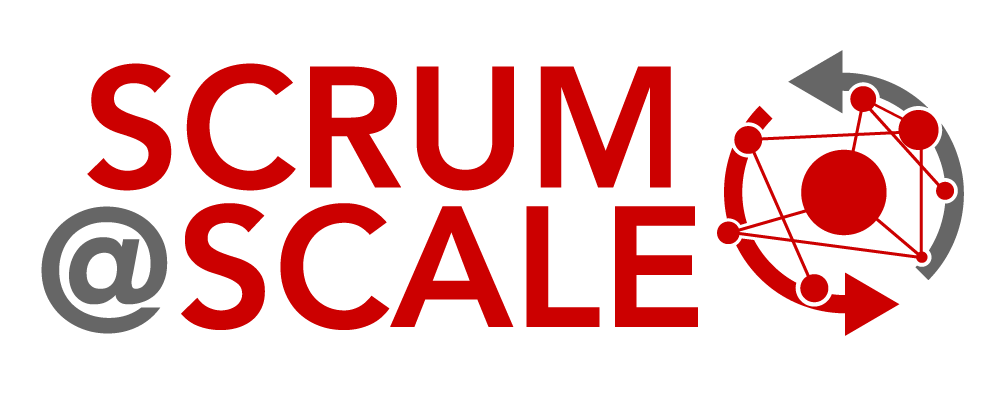Agile Education Case Study
Delivering What Matters Most: The Case for Value Stream Management at MSA
The Medical Schools Association (MSA) transformed its operations by applying Lean and Agile practices through a value stream mapping initiative and a Kaizen Katalog. This effort aligned teams, closed service gaps, and improved efficiency—resulting in a 23% cost reduction, 35% revenue growth, and a $51M financial turnaround in five years.
CASE STUDY SNAPSHOT
Industry: Nonprofit 501(c)(3)
Organization Size: Large
Topic: Cost Reduction, Organizational Refactoring, Value Stream Management
Date: 2024
LinkedIn: https://www.linkedin.com/in/delplayadon/
Organization Background
The Medical Schools Association (MSA), a prominent, Washington, DC-based nonprofit, represents medical schools across North America. In 2012, with annual revenues of $123 million, the organization brought in new leadership and faced a dual threat: outdated internal processes and the pressure to outsource key functions.
Challenge
MSA’s leadership sought to maintain control over its core services while improving operational efficiency. While they assessed their existing delivery model, they embarked on a value stream mapping initiative, which included charting their current state to a desired future state. This surfaced significant gaps and inefficiencies in service delivery, payment management, and outcome verification.
Approach
MSA created a Kaizen Katalog, a list of improvements that they could implement over time to improve performance and alignment through Lean and Agile practices. The Kaizen Katalog included:
- Sharing steps across value streams
- Adding and iterating new steps as needs emerged
- Identifying and closing critical gaps
- Consolidating platforms and teams to improve service and reduce costs
- Developing T-shaped teams to broaden individual skill sets
- Optimizing processes for sustained improvement
These improvements were deeply informed by hands-on learning, including supplier visits, Gemba walks, and progress monitoring, with an emphasis on fun and engagement.
Outcomes
This approach yielded immediate and long-term results:
- Aligned teams around delivering value
- Exposed gaps in value streams, allowing for corrective action
- Introduced Lean principles across the organization
- Empowered teams through T-shaped skill development
- Implemented value stream metrics for empirical process contol
- Significantly improved team efficiency and effectiveness
Unexpected Wins
- Unified the entire organization around value delivery
- Enhanced understanding of individual roles within the broader ecosystem
- Identified smaller value streams, leading to knowledge sharing and collaboration
- Supported strategic decision-making with data-driven insights
- Improved overall organizational efficiency and effectiveness
Business Impact
The transformation at MSA was profound:
- Net Promoter Score (NPS) jumped from 30% to 70% in just one year
- Operational costs dropped 23% over two years
- Revenue increased by 35% in the same period
- Financial health shifted dramatically—from a $2 million deficit to a $49 million surplus within five years
Conclusion
Through value stream management, MSA restored operational efficiency and fiscal stability. Moreover, they regained the trust of its members and student community, providing the power of systemic, value-driven change.
About Donald Patti
Registered Scrum@Scale Trainer™ Donald Patti is an Agile Coach and Trainer for Cedar Point Consulting, where he assists organizations in applying Lean and Agile to develop new products and services as well as improve organizational performance. Additionally, he is the creator of Lean Strategy, a lightweight approach for small businesses to develop and execute their business strategy. Known for his strong business and technology acumen, Don has successfully founded and grown two entrepreneurial businesses during his career and consulted organizations including HP, Daimler Benz, JPMorgan Chase, Marriott, Verizon, and the US Federal Government.



